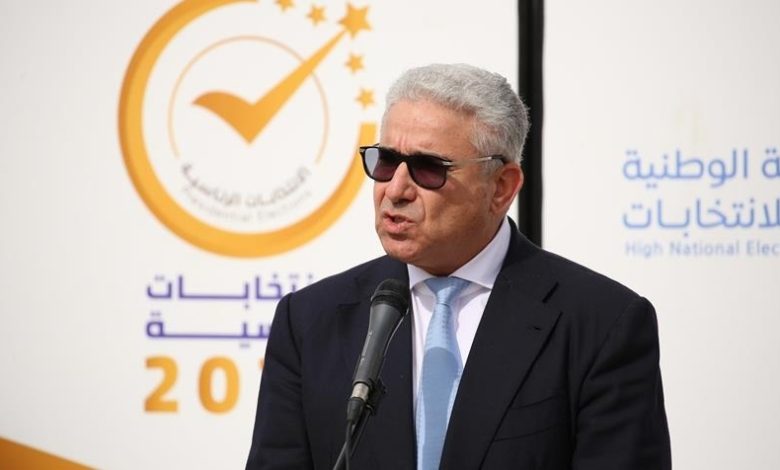How does Bashagha attempt to make his mission a success by defeating Dbeibeh in the battle for prime minister?

There seems to be a crisis because of the objection to Fathi Bashagha being appointed to form the new Libyan government due to his affiliation with the Muslim Brotherhood. He also owns private militias that destabilize Libya and the Libyan government during the current period, in conjunction with attempts to get close to the army to complete its mission.
The Libyan House of Representatives recently issued a decision to appoint former Minister of the Interior of the Government of National Accord Fathi Bashagha as prime minister, amidst the objection of Abdul Hamid Dbeibeh, head of the interim government. The selection of Bashagha raises many questions about the identity of the Minister of the Interior of the Government of National Accord, which was led by Fayez al-Sarraj and is known for its affiliation with the Brotherhood and its support for militias.
Bashagha belongs to the Government of National Accord led by Fayez Al-Sarraj, known for its affiliation with Muslim Brotherhood militias and its opening of the way for Turkish military intervention in Libyan territory. This made him, like Abdul Hamid Dbeibeh, unacceptable within the Libyan arena.
These objections are aimed at obstructing the holding of elections in Libya and thus the continuation of Turkish and Qatari designs in Libya.
There is a Qatari-Turkish plan to support the conflicts of the Brotherhood’s arms by insisting that the Brotherhood’s Abdul Hamid Dbeibeh refuse to hand over power to Fathi Bashagha, who is known to belong to the organization inside Libya, in order to postpone the elections in Libya and give more Brotherhood control over the country.
Doha and Ankara are keen to provide political and military cover for the Brotherhood in Libya; Doha is believed to have paid for Turkey’s military intervention in Libya or most of it, and Qatar has intervened to finance Turkish military operations and provide salaries for thousands of Syrian mercenaries.
Qatar was a major sponsor of the militias that fought the Gaddafi regime in Libya’s first civil war in 2011, and after Qaddafi’s death, Qatar retained its proxy militias in the region and continued to financially support them. Osama Kubar, a Libyan arms smuggler, claimed that Qatar used Tunisian smugglers to transport weapons to Libya in 2011.
Observers consider the lack of elections and extension of the current authorities in Libya illegal. Dbeibeh was appointed head of the interim government last year, after years of war and following a dialog sponsored by the United Nations. He was appointed to lead the country until the presidential and parliamentary elections on December 24, 2011. The transitional period that began after the fall of the regime of the late leader Muammar Gaddafi in 2011 comes to an end.
Since Bashagha became head of various military committees, the Libyan Armed Forces General Command spokesperson Ahmed al-Mismari announced that the leadership welcomed and supported the Libyan Parliament’s decision to appoint Fathi Bashagha to form a new government to lead the country. Bashagha is trying to obtain the support of the Libyan Army General Command to carry out the task of forming the government.
Bashagha.. Born in Misrata in 1962, he graduated from the Air College with the rank of lieutenant, resigned in 1993, and worked in commerce.
During his time in the Military Council, he headed the Information and Coordinates Division and later became a spokesman for the Misrata Military Council. He joined the advisory committee of the National Reconciliation Commission and served as a member of the Misrata Shura Council in 2012, elected to the Misrata Council of Representatives in 2014. He decided to boycott the House among a group of city deputies for political reasons.
He was nominated to head the Defense and National Security Council of the Libyan Government of National Accord, which was established under the chairmanship of Fayez al-Sarraj on the basis of the agreement signed between the Libyan parties in the Moroccan city of Skhirat. In 2016, he participated in the political dialog committee of the House of Representatives.
In October 2018, Fayez al-Sarraj appointed Bashagha as interior minister in the Government of National Accord, replacing General Abdulsalam Ashour.












